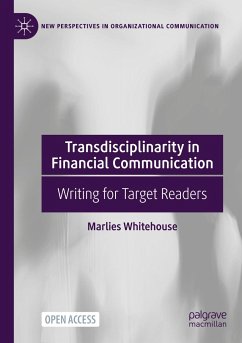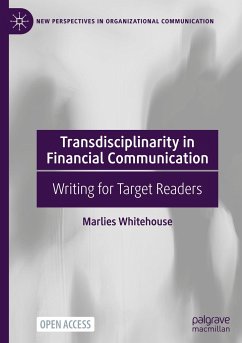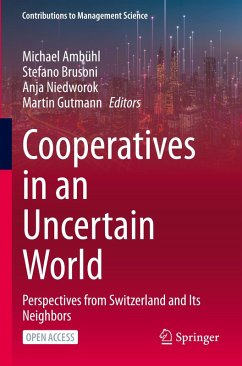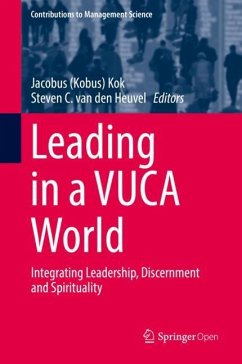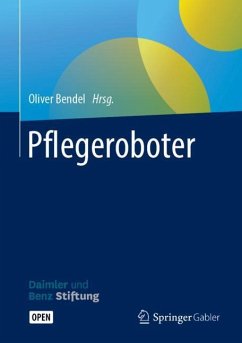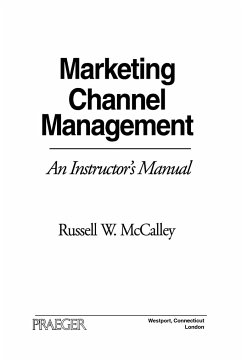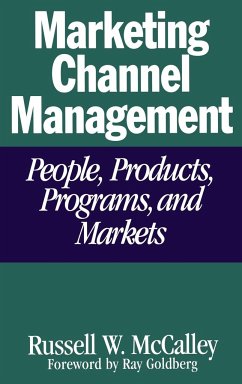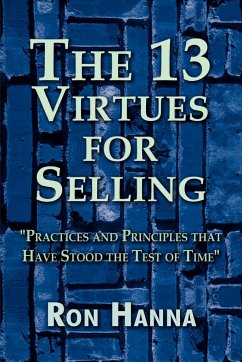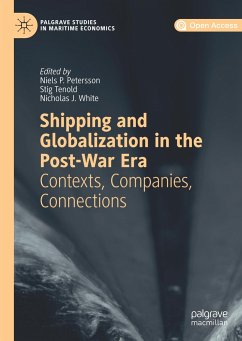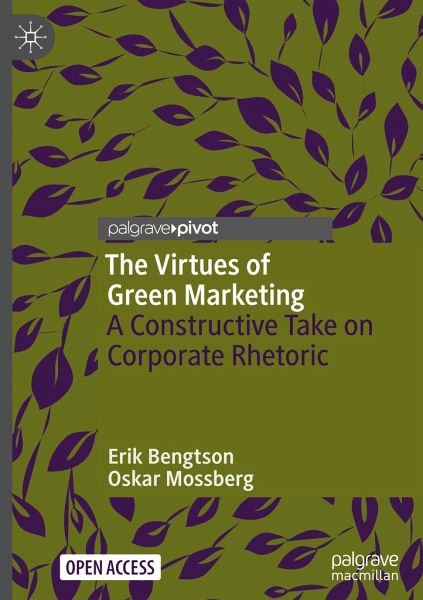
The Virtues of Green Marketing
A Constructive Take on Corporate Rhetoric
Versandkostenfrei!
Versandfertig in 6-10 Tagen
31,99 €
inkl. MwSt.

PAYBACK Punkte
16 °P sammeln!
This open access book explores the idea that corporate rhetoric can be a force for good. In developing a new framework for analysis and discussion of green marketing, the authors argue that corporate environmental rhetoric can be harnessed to contribute to climate transition and a more sustainable market economy. The work explores the transformative power inherent in green promises and sets a vision of what green marketers should strive for. Engaging with selected research on organizational theory, the authors negotiate the conflicting paradigms of rhetorical theory and their relation to the s...
This open access book explores the idea that corporate rhetoric can be a force for good. In developing a new framework for analysis and discussion of green marketing, the authors argue that corporate environmental rhetoric can be harnessed to contribute to climate transition and a more sustainable market economy. The work explores the transformative power inherent in green promises and sets a vision of what green marketers should strive for. Engaging with selected research on organizational theory, the authors negotiate the conflicting paradigms of rhetorical theory and their relation to the study of corporate legitimation practices. The resulting theoretical framework provides an analytical scheme that can be useful in various disciplines - such as sociology, economics, law, marketing theory, and communication. It also illustrates how we can find new answers to contemporary challenges by re-imagining rhetoric.
This is an open access book.
This is an open access book.





